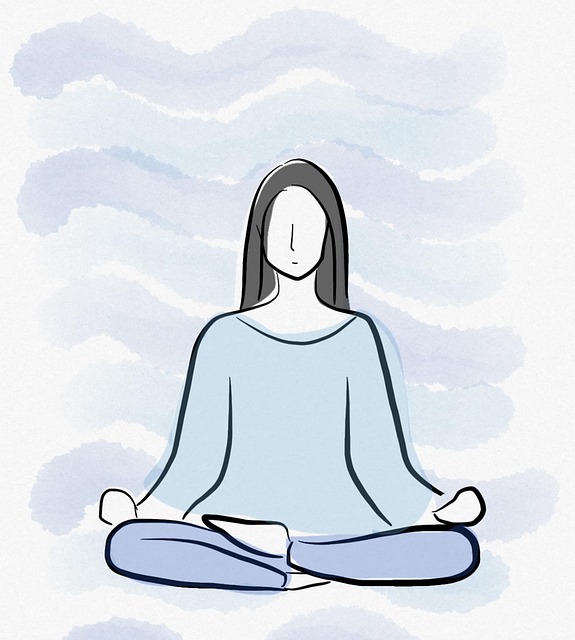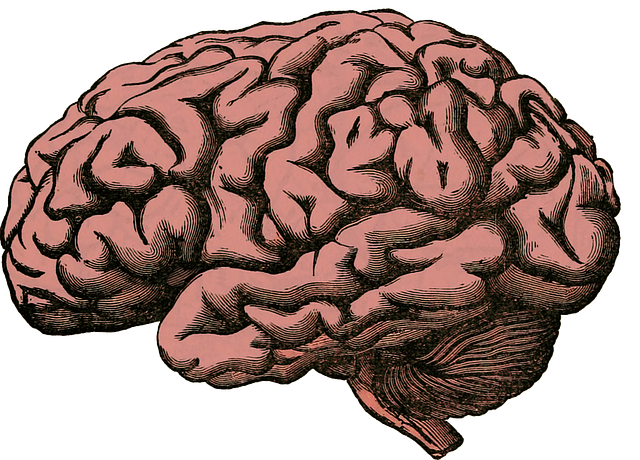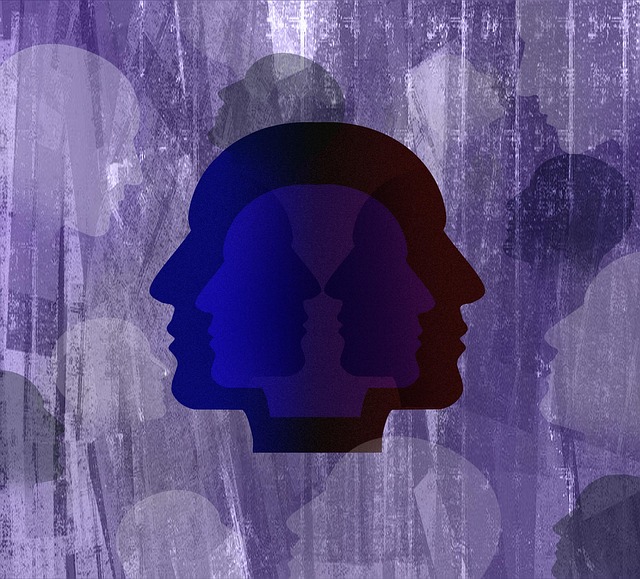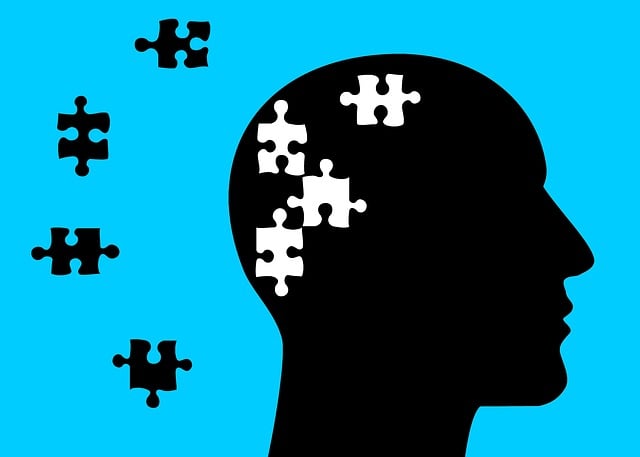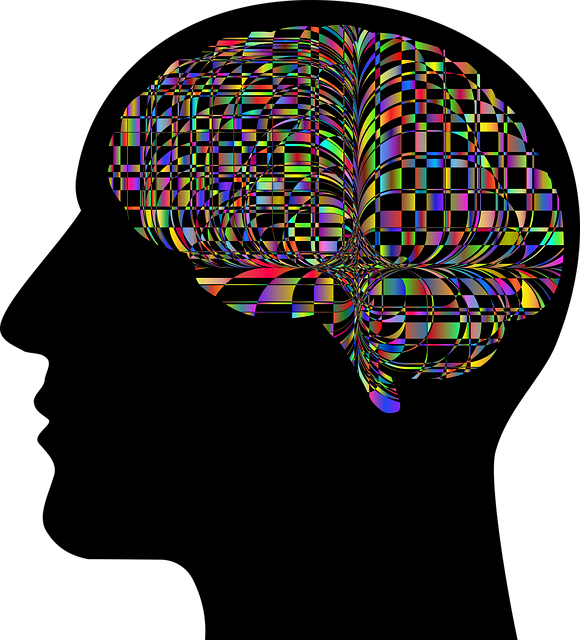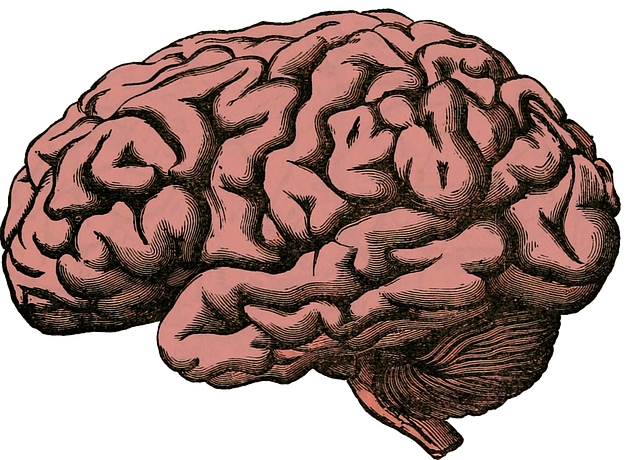Mental wellness, a key component of overall health, is enhanced through therapy for adults, particularly focusing on emotional intelligence and pain management. Journaling emerges as a powerful tool within this context, offering a safe space for self-expression, emotional exploration, and coping strategy development. By consistently documenting thoughts and experiences, individuals gain clarity, identify stress triggers, build resilience, and cultivate positive thinking, ultimately improving mental fortitude and optimism in managing chronic pain.
“Unwind and reconnect with yourself through the therapeutic practice of mental wellness journaling. This article guides adults navigating daily life’s challenges, offering insights into how journaling can be a powerful tool for self-care and pain management.
We’ll explore the profound impact of mental wellness on our routines, dissecting its benefits as a stress reliever. Learn practical tips to establish a personalized journaling practice that enhances clarity and overall wellbeing. Discover techniques to manage pain effectively while fostering growth through self-reflection.”
- Understanding Mental Wellness and Its Impact on Daily Life
- The Power of Journaling as a Self-Care Tool
- Creating Your Journaling Practice: Tips for Effective Tracking
- Using Journaling to Manage Pain and Enhance Wellbeing
Understanding Mental Wellness and Its Impact on Daily Life

Mental wellness is a vital aspect of our overall health, influencing how we think, feel, and act in daily life. It encompasses emotional, psychological, and social well-being, enabling individuals to cope with stress, make meaningful connections, and lead fulfilling lives. Understanding mental wellness is crucial, as it plays a significant role in managing various aspects of our existence, including pain perception and chronic conditions like depression.
In today’s fast-paced world, where public awareness campaigns are gaining traction, recognizing the signs and symptoms of poor mental health has become more important than ever. Therapy for adults offers effective tools for managing and improving mental wellness. Emotional intelligence, a key component of this process, helps individuals navigate their emotions, understand others’ perspectives, and foster healthier relationships. By prioritizing mental wellness, people can proactively prevent depression and enhance their ability to cope with life’s challenges, ultimately leading to improved overall well-being.
The Power of Journaling as a Self-Care Tool

Journaling has emerged as a powerful tool for self-care and mental wellness, offering adults an effective way to manage pain and navigate their emotional landscape. Beyond its therapeutic benefits, journaling provides a safe space for individuals to explore their thoughts, feelings, and experiences without judgment. This introspective practice can help break down complex emotions, allowing people to gain clarity and a deeper understanding of themselves. By recording their daily struggles and triumphs, individuals can identify patterns, triggers, and sources of stress, enabling them to develop effective coping strategies.
In the context of pain management, journaling serves as a form of self-soothing and mindfulness, helping adults cultivate a sense of agency over their physical and emotional states. It encourages a mental health policy analysis and advocacy approach where individuals actively participate in their healing process. Moreover, regular self-care practices, like journaling, can be instrumental in preventing burnout, fostering resilience, and promoting overall well-being.
Creating Your Journaling Practice: Tips for Effective Tracking

Creating your journaling practice is a powerful way to take charge of your mental wellness. Start by setting aside dedicated time each day or week for this personal exploration. Consistency is key; even short, regular entries can be beneficial. Choose a quiet space where you feel comfortable and safe to express yourself openly.
Consider what aspects of your life you’d like to track. Journaling can help with therapy for adults dealing with pain management by providing a safe space to process emotions related to chronic conditions. It’s also an excellent tool for developing coping skills, building resilience, and even empathy towards oneself. Keep it simple; use prompts or questions if needed, but let your thoughts flow freely. Remember, the goal is to create a supportive space where you can reflect, process, and grow.
Using Journaling to Manage Pain and Enhance Wellbeing

Journaling has emerged as a powerful tool for managing pain and enhancing overall mental wellness. For adults seeking effective therapy for their chronic pain, journaling can be a game-changer. By putting thoughts and feelings into words, individuals can gain valuable insights and develop coping strategies that promote positive thinking. This simple yet profound practice allows one to explore emotions associated with pain, track triggers, and identify patterns that contribute to discomfort.
Moreover, regular journaling encourages the development of communication strategies and resilience building. It provides a safe space to express frustrations or fears without judgment, fostering self-awareness and emotional intelligence. Through reflective writing, individuals can learn to communicate their needs effectively, both with themselves and others, leading to improved relationships and social connections. This process also strengthens mental fortitude, enabling people to approach challenges with renewed energy and optimism.
Mental wellness journaling can serve as a powerful therapy for adults, enhancing pain management and overall wellbeing. By regularly documenting thoughts, feelings, and experiences, individuals can gain valuable insights into their mental state and develop effective coping strategies. This practice promotes self-awareness, helps manage stress, and fosters a positive relationship with oneself. Incorporating journaling into daily routines can be a transformative way to navigate life’s challenges, ultimately contributing to improved mental health and resilience.

